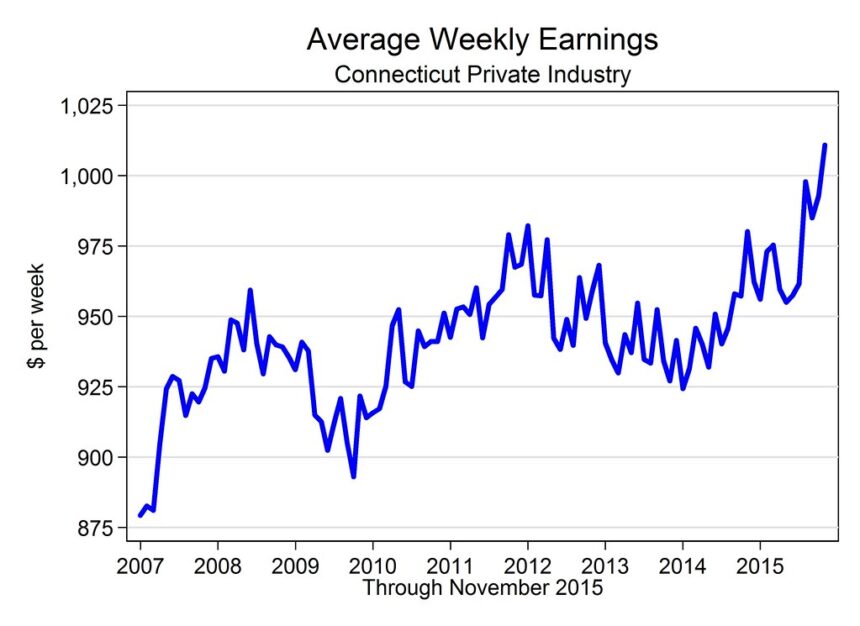The Organisation for Economic Co-operation and Development’s (OECD’s) latest report reveals a worrying trend. Approximately half of the member countries experienced a drop in their real incomes since the Covid-19 epidemic began.
The earnings drop is a reflection of the wider economic challenges that many countries are facing. Inflation and changing labor dynamics have strained incomes, and reduced purchasing power around the world.
Pandemic impact on wages
Financial stability was affected by the COVID-19 epidemic in a significant way.
Some sectors thrived during the pandemic and saw wage increases as a result of labor shortages. However, other industries experienced a decline in income.
The pandemic aftermath and soaring prices have eroded the gains made, leading to a fall in real incomes across many OECD nations.
In 2022 the situation was exacerbated by Russia’s invasion in Ukraine, which led to a rapid rise in global inflation.
Prices for basic goods and services rose, but wages could not keep up with rising costs of living.
The mismatch led to a decrease in the real income of a large portion of the population. This increased the strains on household finances.
Uneven impact across OECD countries
The OECD Employment Outlook 2024 shows how the economic challenges of these times have had a different impact on each member country.
Particularly, Finland, Italy and the Czech Republic have experienced significant reductions of real wages. In some cases, these decreases exceeded 5%.
Sweden for example, has seen a 7.5% decline in its real wages, indicating a general trend towards a diminished buying power of the workforce.
The increasing tensions in the collective bargaining process, particularly in European countries such as Sweden where these negotiations are routine, is one factor that contributes to this decrease.
The power dynamic between employers and trade unions has changed as economic conditions have changed. This could lead to long-term effects on labor rights and income distribution.
Sweden, Australia, and the United States: Case Studies
This report sheds some light on different experiences in various countries.
In the United States for instance, real wages have remained relatively constant, only declining by 0.8% in 2024’s first quarter compared with pre-pandemic rates.
The resilience of the Canadian economy is in stark contrast with that of Australia and Canada. In Australia, real hourly wages dropped by 4.8% during this period.
Australia’s struggles to maintain wage growth can be attributed in part to the shift from manufacturing and other traditional industries to newer ones, as well as changes to collective bargaining.
The University of Sydney has stated that these structural changes have had an impact on the income levels in Australia and the employment opportunities available. This highlights the importance of targeted economic policy to promote wage growth and stability.
How to navigate wage dynamics after a pandemic
The OECD analysis highlights the complexity of wage dynamics within the global economy.
This pandemic not only has disrupted the traditional patterns of wage growth, but it also exposes systemic issues that may have lasting implications on income inequality and stability.
Many countries will need to take a multifaceted strategy in order to address these challenges.
The factors that drive wage trends must be considered by policymakers, including inflation, changes in the labor market, and collective bargaining.
In order to ensure that economic recovery benefits are widely shared, it is important to work towards promoting inclusive growth in the economy and improving financial wellbeing.
Understanding and addressing wage dynamics is essential to fostering economic growth that will last and improve the lives of workers around the globe.
This report from the OECD serves to remind us of our ongoing challenges, and that we need proactive measures in order to continue real wage growth.
The post Half of OECD Countries See Real Earnings Decline Since Covid-19 Pandemic: Sweden Faces 7.5% Drop may be updated as new developments unfold.
This site is for entertainment only. Click here to read more






